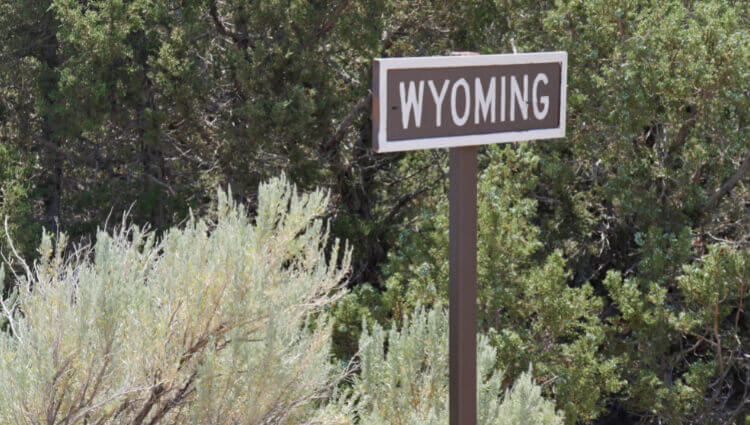According to the Tax Foundation’s State Business Tax Climate Index, Wyoming is the best state in the United States in which to do business. One of the reasons for this ranking is that Wyoming has no individual or corporate income tax, no estate tax, no tax on capital gains or on gifts. Wyoming also has one of the lowest sales tax rates, too, at 4%. But what pushes Wyoming over the top is that Wyoming is one of the few states that allows a person to set up a self-settled spendthrift trust, a Wyoming Qualified Spendthrift Trust.

Let’s look at some trust law. A trust comes into existence when one person gives money or property to a second person to manage for the benefit of a third person. The person giving the money or property is the trustor or donor. The person or entity who holds the money or property is the trustee. The third person is the beneficiary.
Some trusts contain a spendthrift clause. This clause means that the beneficiary of the trust does not have the right to demand that the trustee give the beneficiary money or property that is in trust. The decision is up to the trustee. Spendthrift trusts protect beneficiaries because a creditor can’t force the beneficiary to take money out of the trust to pay debts or judgments. The decision is entirely up to the trustee.
Wyoming comes into the picture because it is one of the few states that allow the donor and the beneficiary to be the same person. In other words, Wyoming law allows a person to place his own money or property into a trust with a spendthrift clause so that no one can take the person’s money or property away from him. Setting up a spendthrift trust by an individual who is also the trust’s beneficiary is a way to protect assets.
Under Wyoming law, a spendthrift trust set up by an individual for his own benefit is effective only if it is qualified. “Qualified” means that the trust must meet certain very specific requirements of Wyoming law. But a Wyoming Qualified Spendthrift Trust also contains provisions that allow the donor/beneficiary to control the trust. This is true even though individually the person has no right to the trust’s assets.
The right to control lies in the definition of the person who is eligible to serve as the trustee. Wyoming law permits certain types of companies to serve as trustees if they are licensed. But it also permits what is called an Unregulated Single Family Private Trust Company to be the trustee. The Unregulated Single Family Private Trust Company can be a Wyoming limited liability company that the person who is the donor and beneficiary sets up to serve as trustee. In that way, the person who wants to protect his assets can eat his cake and have it, too: The person puts money or property into his Wyoming Qualified Spendthrift Trust, but the trustee is an entity that he controls.

